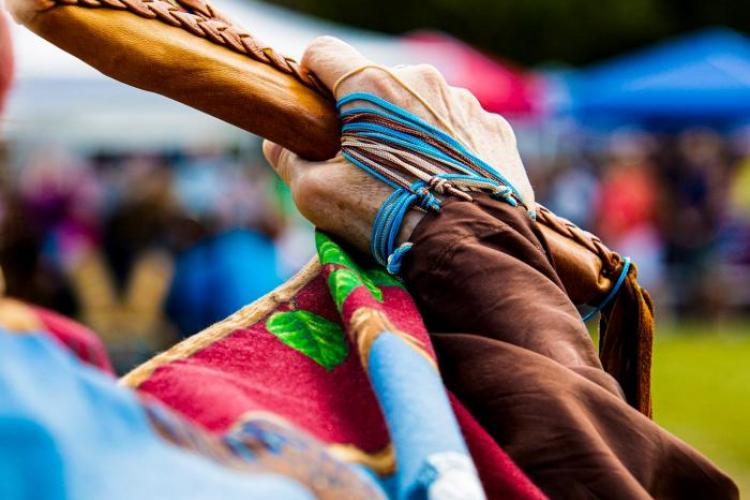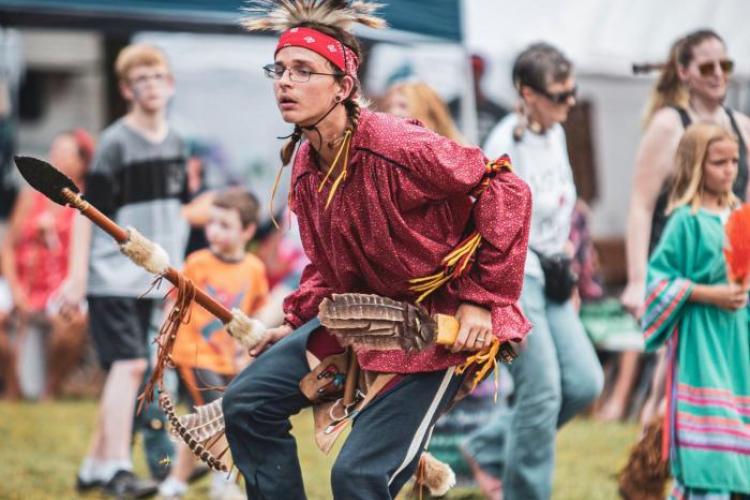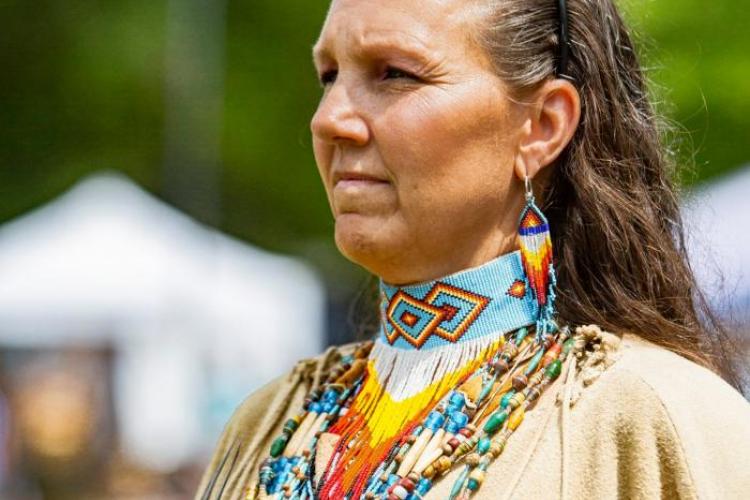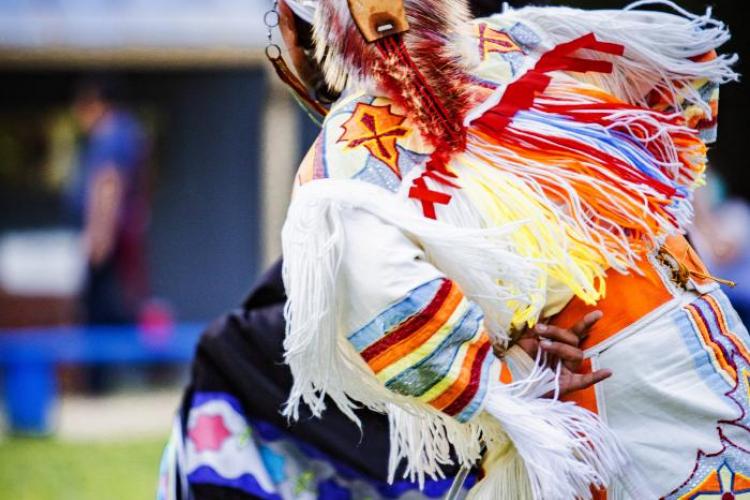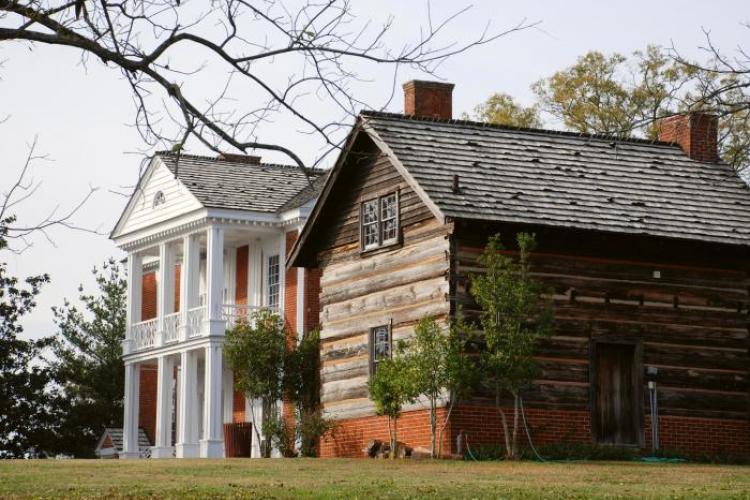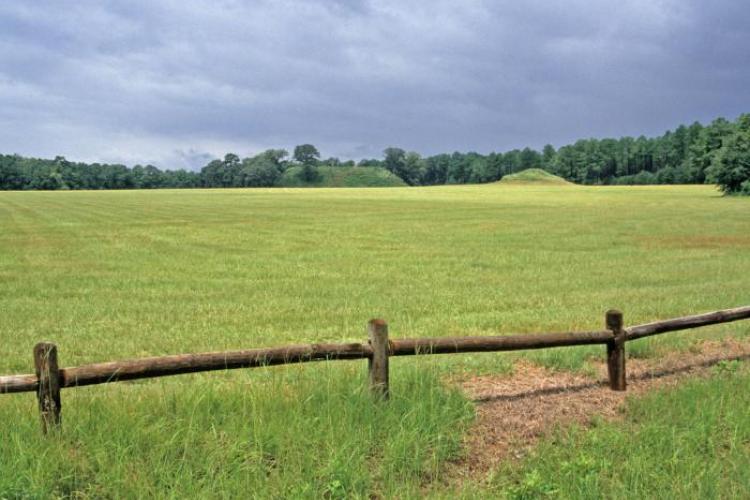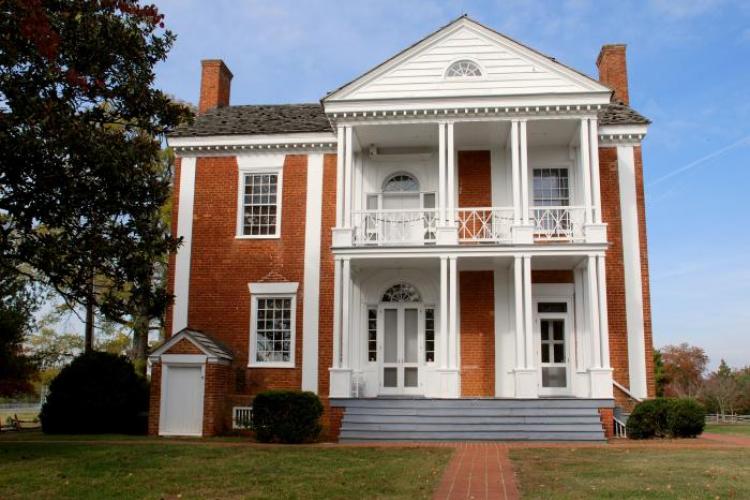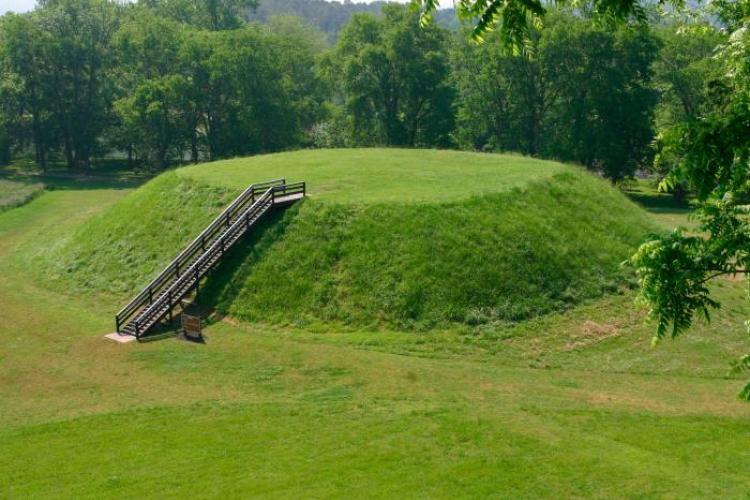 An official website of the State of Georgia.
An official website of the State of Georgia.
Georgia tribes
Cherokee of Georgia received state recognition on March 1, 1988 and has 369 members.
The Tribal Council is incorporated and has held 501(c)(3) nonprofit status since 1989 for their mission of maintaining a traditional Cherokee community, preserving and sharing culture and history.
Read More
The GEORGIA TRIBE OF EASTERN CHEROKEE consists of descendants of the Cherokee in the Dahlonega area who managed to escape the infamous Trail of Tears. “The Trail of Tears” characterized the forceful removal of their tribe in the 1830s, by U.S. Soldiers who herded them into the Oklahoma Territory.
Read More
The Lower Muskogee Creek Tribe is a remnant of the Original Muskogee Creek Confederacy, known as Creek Nation. We have three Treaties with the Colony of Georgia and 11 Treaties the United States Government. The Treaty of 1814, Andrew Jackson made the entire Creek Nation pay the cost of the Red Stick War by ceding the land of Southwest Georgia and Alabama. The United States Court of Claim ruled that this Treaty was made with the entire Muskogee Creek Nation, so the Land Payments of Docket 21 was paid to all descendants.
Read More
Recommended Guidelines for State Recognition of Indian Tribes
Acting pursuant to its authority contained in Section 44-12-280 (b) of the Georgia Code, the Georgia Council on American Indian Concerns in official session met on October 10, 2001 and unanimously adopted its recommended guidelines concerning recognition of tribes in the State of Georgia.
The Georgia Council on American Indian Concerns will use these guidelines in its advisory deliberations and issuance of any subsequent report recommending for or against acknowledgement of Indian groups within the State of Georgia.
Indian groups seeking recognition by the Georgia General Assembly are encouraged to prepare a formal petition for recognition using a format suggested by the Georgia Council on American Indian Concerns. Although not presently required by law, the Georgia General Assembly is encouraged to seek the advice of the Georgia Council on American Indian Concerns prior to final consideration of any recognition legislation.
1. Historicity: The petitioning group should demonstrate a direct genealogical connection to one of the American Indian Tribes, bands, groups, or communities that has been documented historically with reasonable certainty as having inhabited lands within the present boundaries of the State of Georgia for a period of at least forty years prior to the Removal Era.
2. Membership: The petitioning group shall possess formal membership rolls and written standards for membership that are based on unbroken genealogical descent from one of the American Indian Tribes, bands, groups, or communities indigenous to Georgia, as defined in criterion #1.
3. Government: The petitioning group should be able to demonstrate that it is a distinct cultural entity capable of self-regulation by documenting the existence and function of its governmental and social institutions and traditions.
4. Geographical Area: A substantial portion of the members of the petitioning group should presently inhabit a defined area, and its tribal headquarters should be located within the State of Georgia.
5. Ethnic Identity: The members of the petitioning group should be a community that is generally viewed as American Indian and culturally distinct from all other communities surrounding it.
6. Exclusions: The petitioning group shall not be considered if it falls into one of the following categories:
a. The petitioning group is limited to a single family;
b. It is of recent origin;
c. It is determined to be a splinter group or political faction that has separated from the main body of a tribe, band, group, or organized Indian Community previously recognized by the State of Georgia;
d. There is reasonable evidence that the petitioning group was "self-created" for the purpose of improperly gaining American Indian status;
e. The majority of the members of the petitioning group are also members of other American Indian tribes, bands, groups, or communities.
The Georgia Council on American Indian Concerns may adopt technical guidance for discharging its advisory duties on recognition but such guidance shall not be binding, create any right, confer any benefit on any party. The final decision to recognize any particular Indian group within the State of Georgia rests with the Georgia General Assembly.


